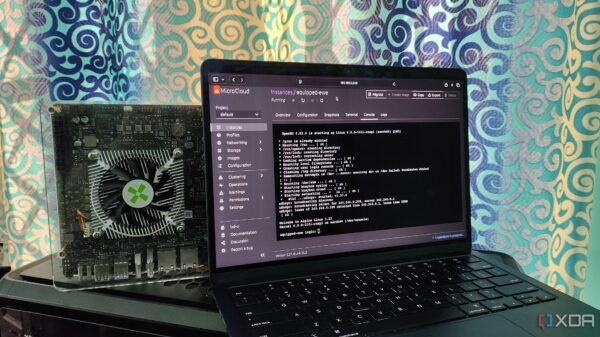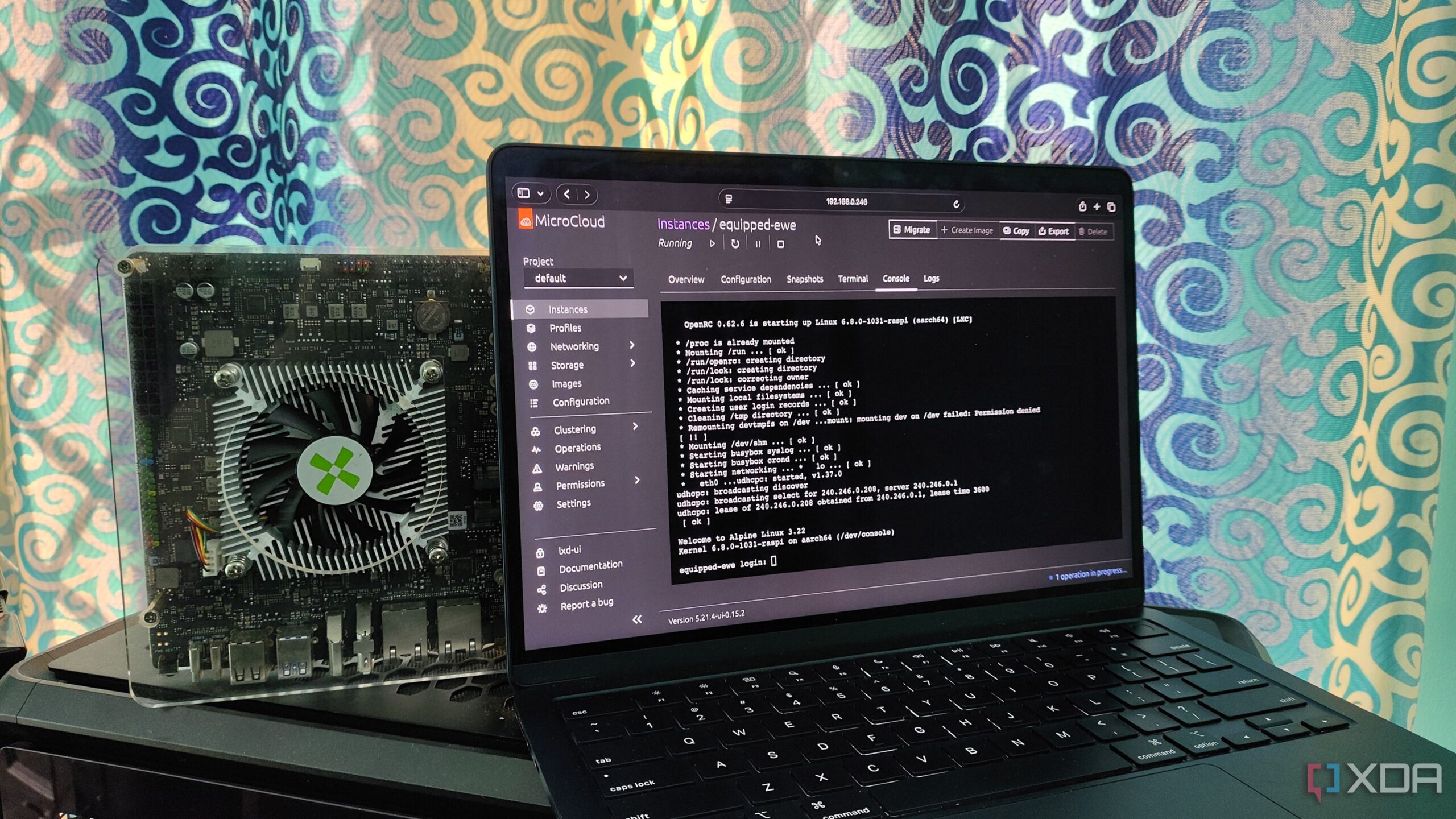URGENT UPDATE: Canonical’s new platform, MicroCloud, is taking the tech community by storm as an innovative solution for home lab enthusiasts. Launched just last week, this versatile virtualization platform is now available for users seeking advanced features without the complexity typically associated with server distributions.
MicroCloud promises a breakthrough in how users manage virtual machines and containers simultaneously, catering to both minimal and robust hardware setups. Unlike many competitors, MicroCloud natively supports LXD for containerization, allowing seamless deployment of lightweight containers alongside virtual machines. This compatibility opens the door for users with older machines and single-board computers, like the Raspberry Pi, to create efficient home servers.
Many tech enthusiasts have long searched for a platform that combines ease of use with powerful capabilities. After extensive testing, MicroCloud has exceeded expectations, proving to be a reliable alternative for those who have relied on platforms like Proxmox. Users now have access to high-availability clustering, thanks to MicroCloud’s integration of micro-service tools and support for ZFS storage.
MicroCloud’s user-friendly interface simplifies operations significantly. Deployment requires minimal commands, making it easy for newcomers to navigate home lab operations without extensive documentation. Users can effortlessly create storage pools, upload ISOs, and manage snapshots of virtual guests, making it an attractive option for both novices and experienced users alike.
A standout feature is its compatibility with the Raspberry Pi. While some platforms struggle with this low-power device, MicroCloud has shown exceptional performance, allowing users to run multiple LXD containers and even Ubuntu-based virtual machines without compatibility issues. This capability makes it a perfect choice for tech enthusiasts looking to maximize their resources.
Despite its impressive offerings, it’s important to note that MicroCloud does have limitations. Currently, it lacks support for external backups of virtual guests, a feature that many users coming from other platforms, such as Proxmox, might miss. However, for those seeking a free home server solution adept at running both VMs and containers, MicroCloud is a compelling option.
As home lab setups grow in popularity, MicroCloud’s launch could redefine how users approach virtualization in their own environments. With its robust clustering provisions and lightweight architecture, Canonical’s MicroCloud is poised to become an essential tool for tech enthusiasts and professionals alike.
Next Steps: For those interested in exploring this new platform, it’s recommended to check Canonical’s official website for installation guides and community support. The tech community is buzzing with discussions on MicroCloud, and its growing user base is expected to share tips and tweaks that could enhance the experience even further.
Stay tuned for more updates as MicroCloud continues to develop and evolve, potentially reshaping the landscape of home lab virtualization.



































































